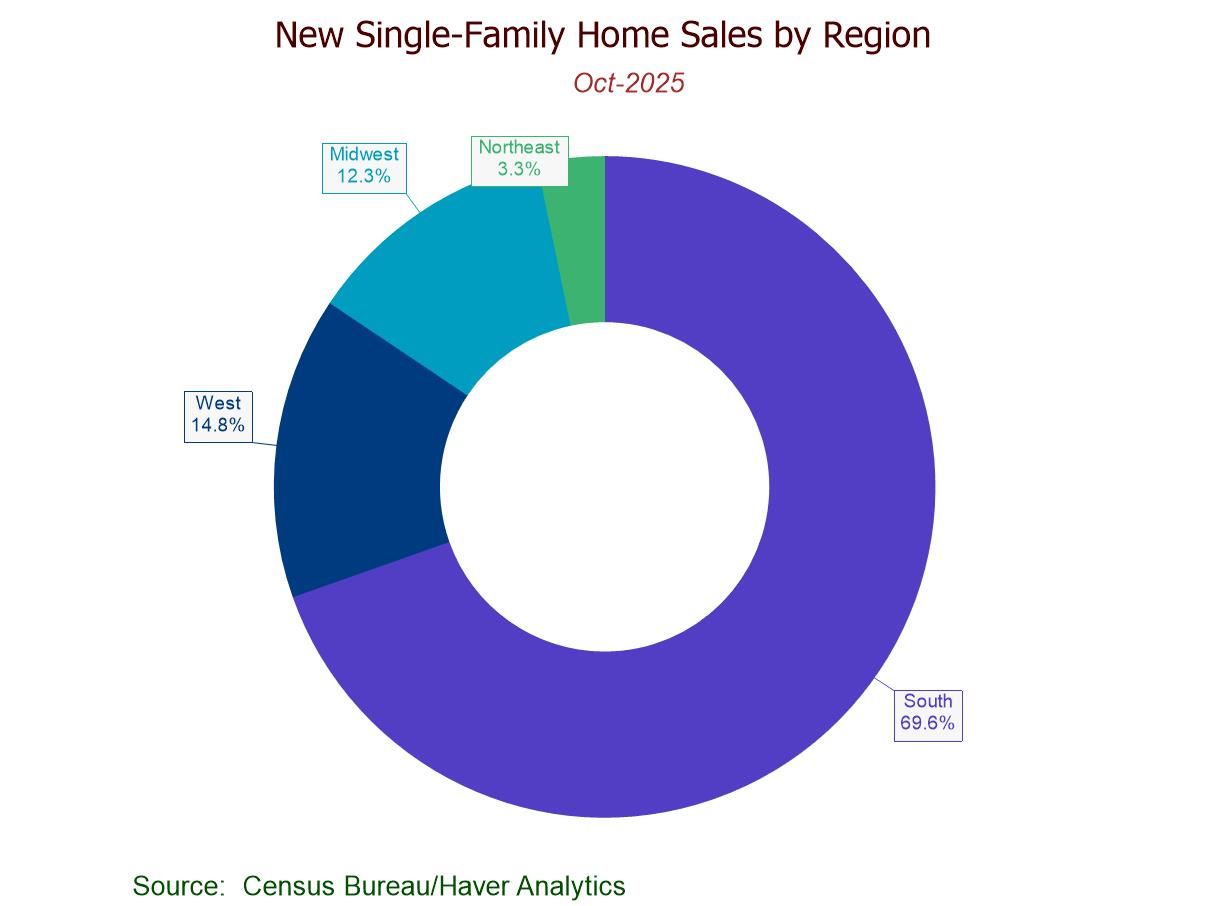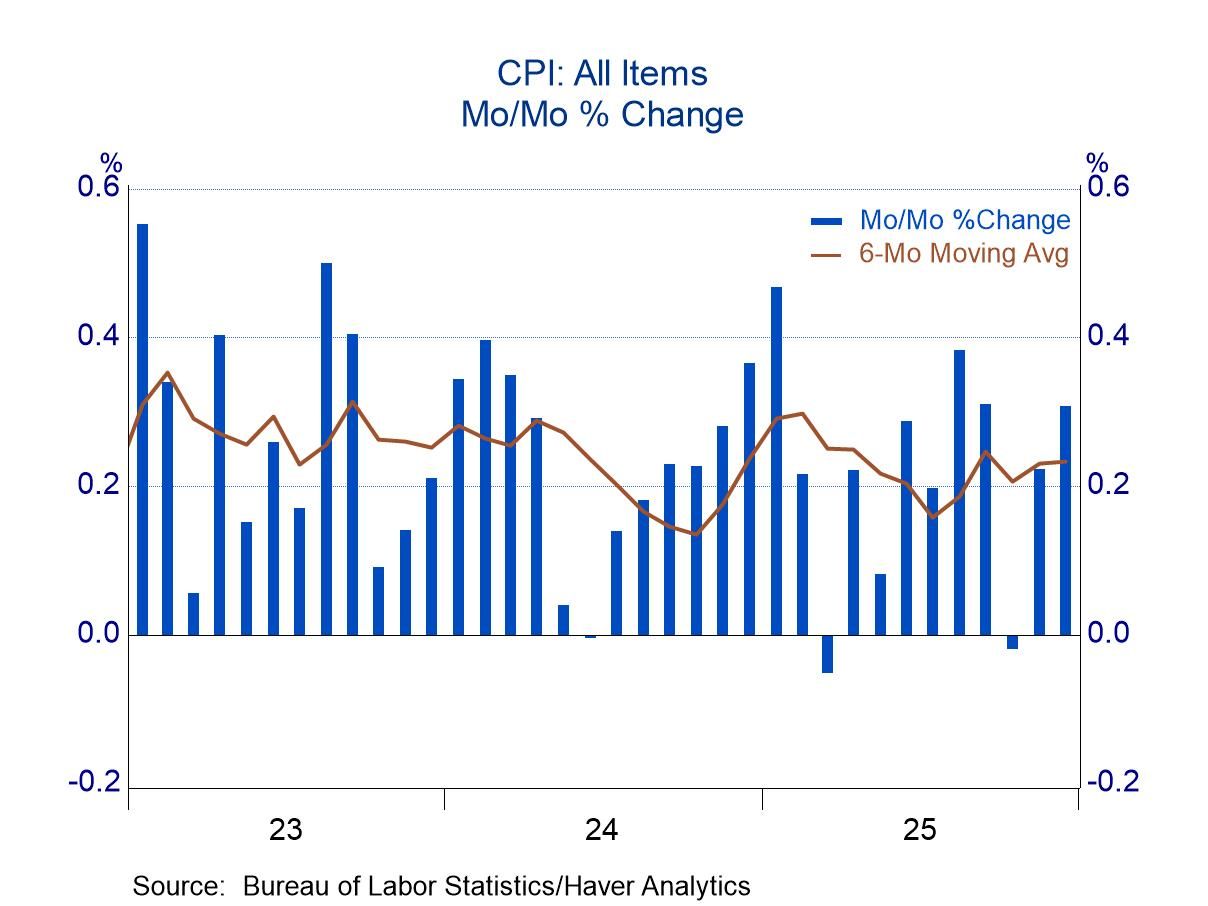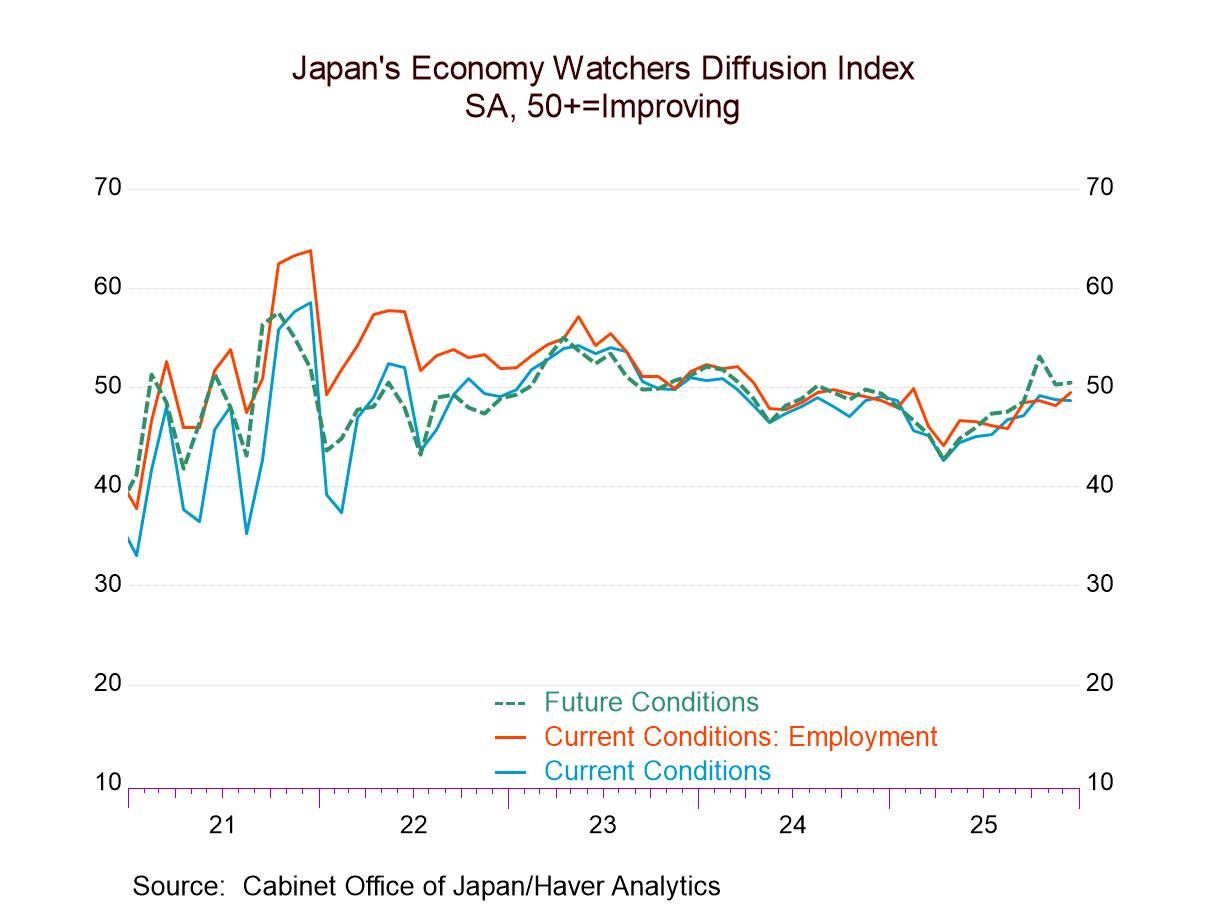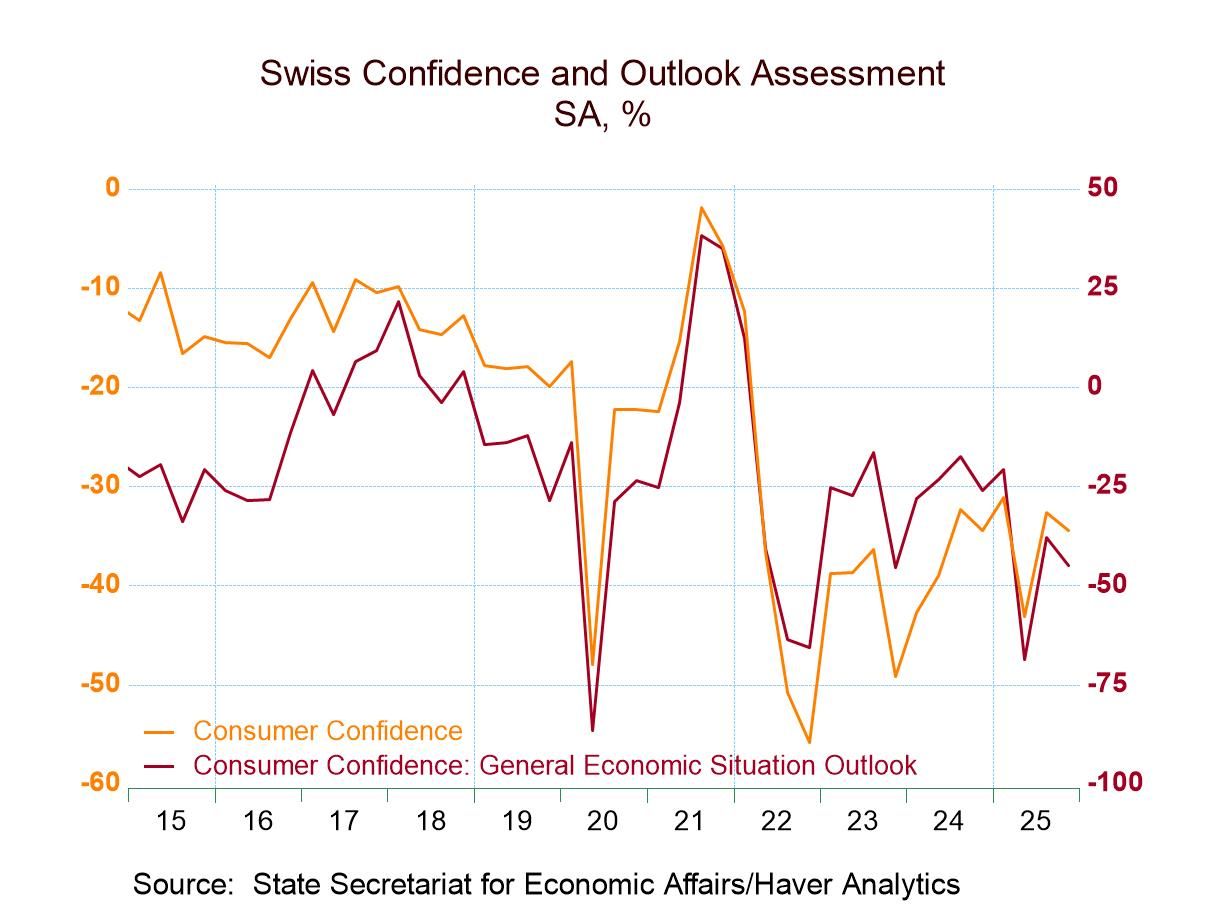 Global| Mar 19 2004
Global| Mar 19 2004Sluggish Demand Pushes Italy Trade into Deficit
Summary
International trade in Italy has shifted back into deficit in recent months after maintaining a surplus for nearly all of 2001 and 2002. Declines in exports are responsible, while imports have been sluggish. Further, the weakening of [...]

International trade in Italy has shifted back into deficit in recent months after maintaining a surplus for nearly all of 2001 and 2002. Declines in exports are responsible, while imports have been sluggish. Further, the weakening of exports is broad-based, with trends turning soft in all three major categories: consumer, investment and intermediate goods. Imports, both in total and in each major type, have sustained a basically flat pattern for about two years.
The strong euro might be seen as an easy culprit in Italy's export slowdown. Indeed, exports to non-EU countries have decreased noticeably in a possible reaction to the surge in the Euro. At the same time, this is not the sole force; exports to other European countries have also weakened, and in fact for 2003 as a whole, were off by a larger amount than those to other nations. Further, imports, rather than increasing from non-EU areas, as might be expected with the strong currency, have been flat to down. So, if the Euro is really to blame for Italy's eroding trade accounts, it would seem more due to its impact in slowing growth across Europe. Germany's economy, Italy's largest trading partner, had virtually no growth last year. Neighboring France showed a mere 0.2%. Italy itself did make a 3.3% gain in 2003, but that was the slowest in four years. The Euro-Zone as a whole eked out just 0.4%. Thus, weakness in Italy's exports can well be explained by the lackluster performance of its neighbors, and that effect in turn is holding down Italy's own import demand.
| Billions of € | Seasonally Adjusted12-Month % Change | Year/Year % Changes|||||
|---|---|---|---|---|---|---|
| Jan 2004 | Dec 2003 | 2003 | 2002 | 2001 | ||
| Trade Balance | -€0.6 | -€0.4 | +€1.6 | +€8.8 | +€10.0 | |
| Exports, fob | €20.2 | €20.3 | -9.9% | -4.0% | -1.5% | +5.1% |
| Imports, cif | 2€0.8 | €20.7 | -7.2% | -1.3% | -1.1% | +2.1% |
| EU Trade Balance | -€0.7 | -€0.8 | -€7.6 | -€4.6 | -€1.6 | |
| Exports | €11.1 | €10.9 | -5.8% | -4.6% | -2.2% | +3.0% |
| Imports | €11.7 | €11.7 | -6.0% | -2.3% | -0.1% | +2.7% |
| Non-EU Trade Balance | +€0.1 | +€0.4 | +€9.2 | +€13.4 | +€11.6 | |
| Exports | €9.1 | €9.4 | -14.7% | -3.4% | -0.6% | +7.7% |
| Imports | €9.0 | €9.0 | -8.4% | 0.0% | -2.3% | +1.3% |
Carol Stone, CBE
AuthorMore in Author Profile »Carol Stone, CBE came to Haver Analytics in 2003 following more than 35 years as a financial market economist at major Wall Street financial institutions, most especially Merrill Lynch and Nomura Securities. She had broad experience in analysis and forecasting of flow-of-funds accounts, the federal budget and Federal Reserve operations. At Nomura Securities, among other duties, she developed various indicator forecasting tools and edited a daily global publication produced in London and New York for readers in Tokyo. At Haver Analytics, Carol was a member of the Research Department, aiding database managers with research and documentation efforts, as well as posting commentary on select economic reports. In addition, she conducted Ways-of-the-World, a blog on economic issues for an Episcopal-Church-affiliated website, The Geranium Farm. During her career, Carol served as an officer of the Money Marketeers and the Downtown Economists Club. She had a PhD from NYU's Stern School of Business. She lived in Brooklyn, New York, and had a weekend home on Long Island.





